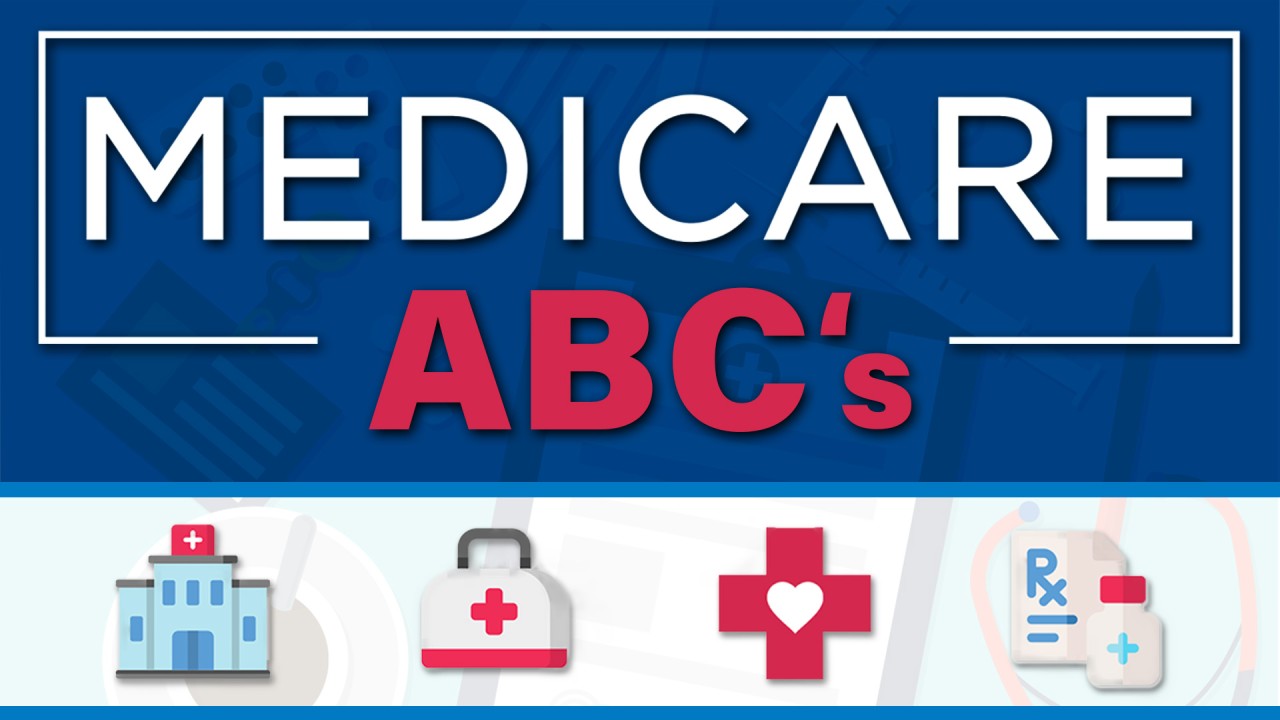Navigating the nuances of Medicare coverage can sometimes feel like decoding a complex puzzle. One crucial aspect to unravel is the concept of medically necessary services – those vital healthcare interventions deemed essential for your well-being. In this comprehensive guide, we’ll delve into what medically necessary services entail and how Medicare plays a pivotal role in ensuring you receive the care you need.
Defining Medically Necessary Services
Medically necessary services refer to healthcare treatments or procedures deemed essential to diagnose, prevent, or treat a medical condition. These services are prescribed by healthcare professionals and are crucial for maintaining or improving your health. Understanding what falls under this category is key to maximizing your Medicare benefits.
1. Medicare’s Definition of Medical Necessity
Medicare defines medical necessity as services or items required for the diagnosis or treatment of a medical condition and that meet accepted standards of medical practice. These can include preventive services, diagnostic tests, treatments, and other interventions necessary for your health.
2. Covered Services Under Original Medicare (Parts A and B)
- Part A (Hospital Insurance):
- Hospital stays, skilled nursing facility care, hospice care, and some home health services are examples of medically necessary services covered under Part A.
- Part B (Medical Insurance):
- Medically necessary outpatient services like doctor’s visits, preventive services, diagnostic tests, ambulance services, and certain durable medical equipment are covered under Part B.
3. Preventive Services: A Pillar of Medical Necessity
Preventive services are a cornerstone of medical necessity and are crucial for maintaining overall health. Medicare covers a range of preventive services, including screenings, vaccinations, and counseling, to identify and address health issues before they become more serious.
4. Chronic Disease Management
Medicare recognizes the importance of managing chronic conditions to prevent complications and improve the quality of life. Medically necessary services for chronic disease management may include regular check-ups, medications, and specialized treatments prescribed by healthcare professionals.
5. Emergency and Urgent Care
Services required for emergency and urgent care are considered medically necessary. Whether it’s a sudden illness, injury, or exacerbation of an existing condition, Medicare provides coverage for services deemed essential to address these critical healthcare needs.
6. Surgery and Inpatient Procedures
Certain surgeries and inpatient procedures are considered medically necessary when prescribed by healthcare providers. These may range from life-saving surgeries to elective procedures required for the diagnosis or treatment of specific conditions.
7. Diagnostic Tests and Imaging
Medicare covers a variety of diagnostic tests and imaging services that are medically necessary for identifying and monitoring health conditions. This includes laboratory tests, X-rays, MRIs, and other diagnostic procedures deemed essential for proper medical care.
8. Mental Health Services
Recognizing the significance of mental health, Medicare covers medically necessary mental health services, including counseling, therapy, and psychiatric evaluations. These services are essential for addressing mental health conditions and promoting overall well-being.
9. Rehabilitation Services
For individuals recovering from surgery, injury, or managing chronic conditions, rehabilitation services are often medically necessary. Medicare covers essential rehabilitative services such as physical therapy, occupational therapy, and speech-language pathology.
10. Skilled Nursing Facility Care and Home Health Services
When medically necessary, Medicare covers care provided in skilled nursing facilities and certain home health services. These services are designed to support individuals in their recovery and management of health conditions.
11. Consult Your Healthcare Provider
Determining what services are medically necessary for your specific health needs is a decision best made in consultation with your healthcare provider. They will assess your individual health status and prescribe services based on their professional judgment and Medicare guidelines.
Conclusion: Empowering Your Healthcare Journey
Understanding medically necessary services is a vital step in unlocking the full potential of your Medicare coverage. By staying informed about the scope of covered services and working closely with your healthcare provider, you empower yourself to receive the essential care needed to maintain and enhance your health throughout your Medicare journey.



